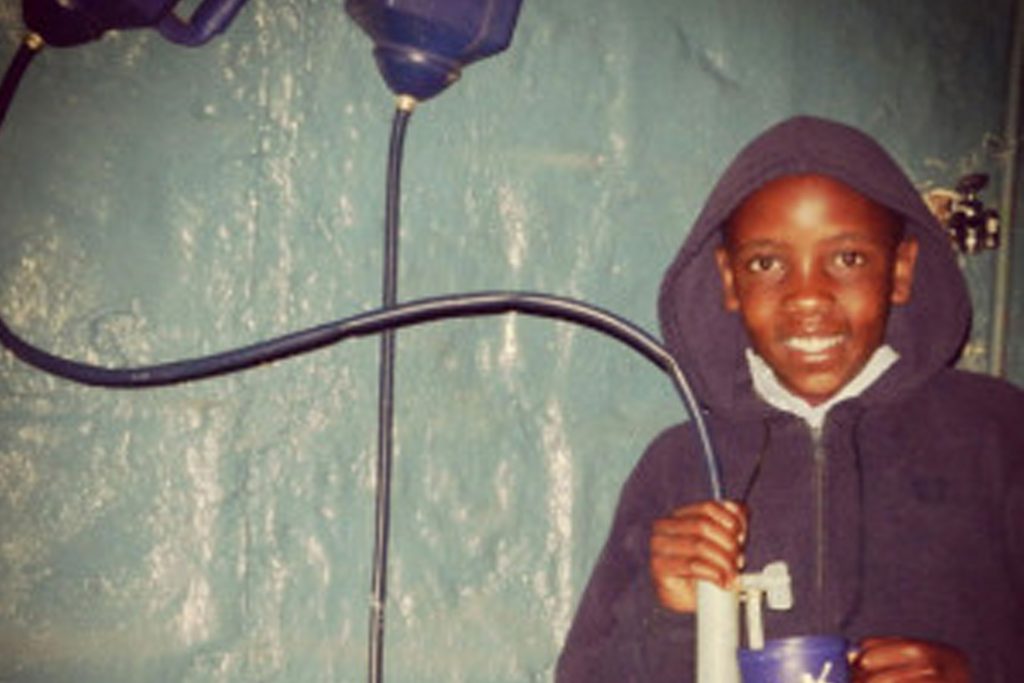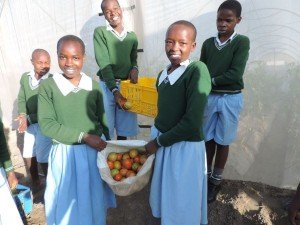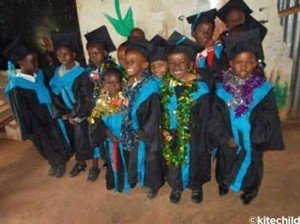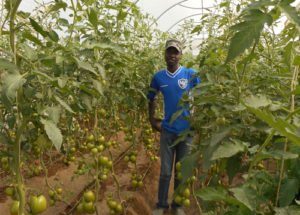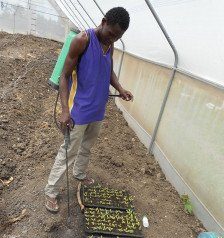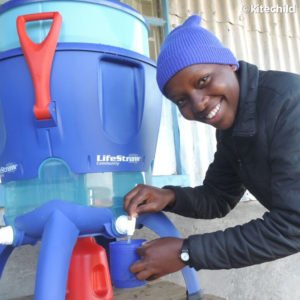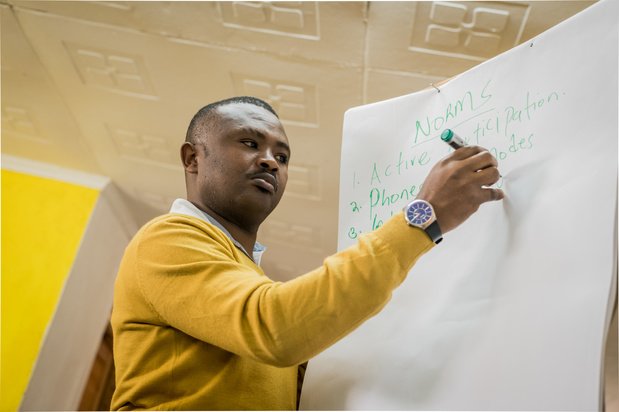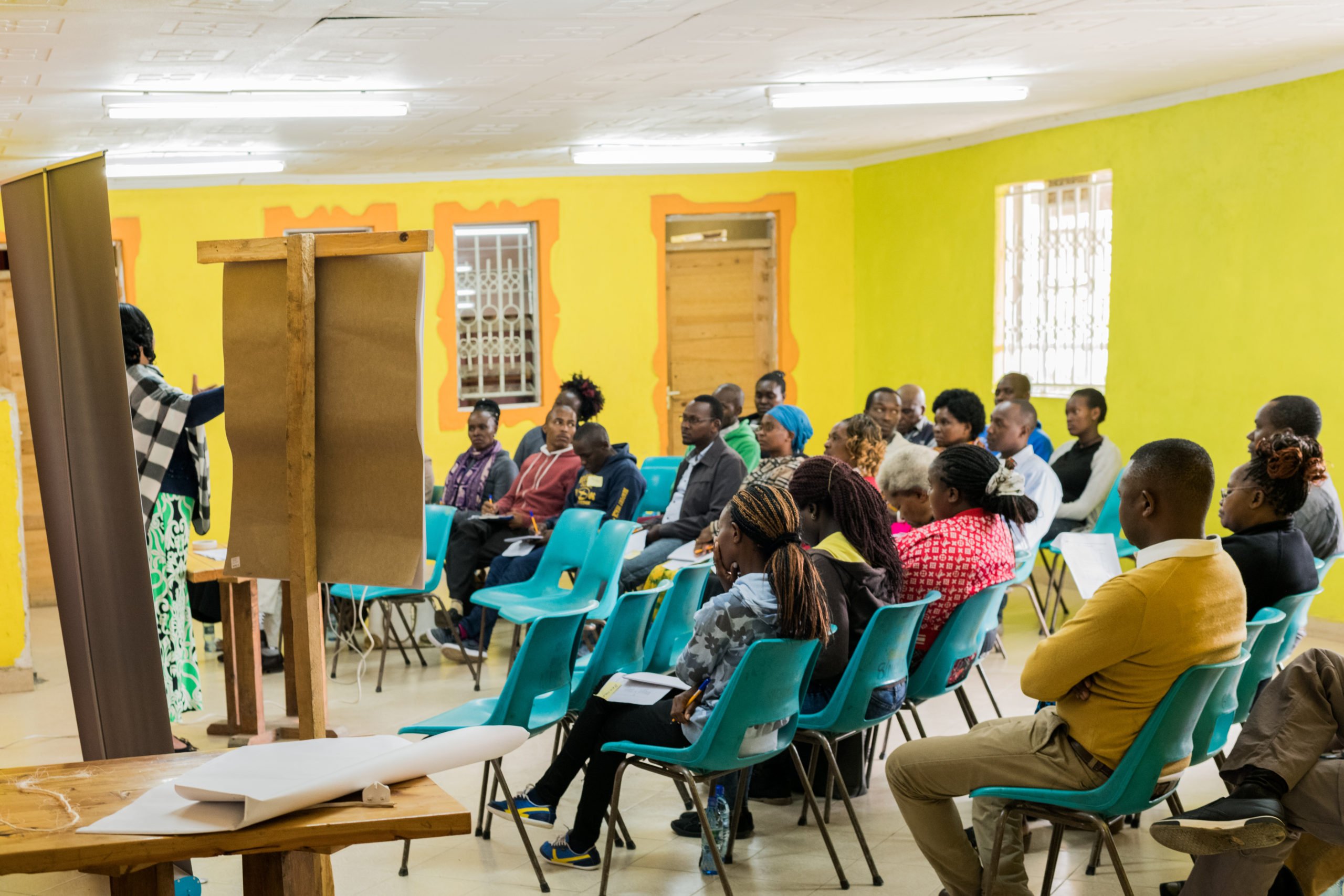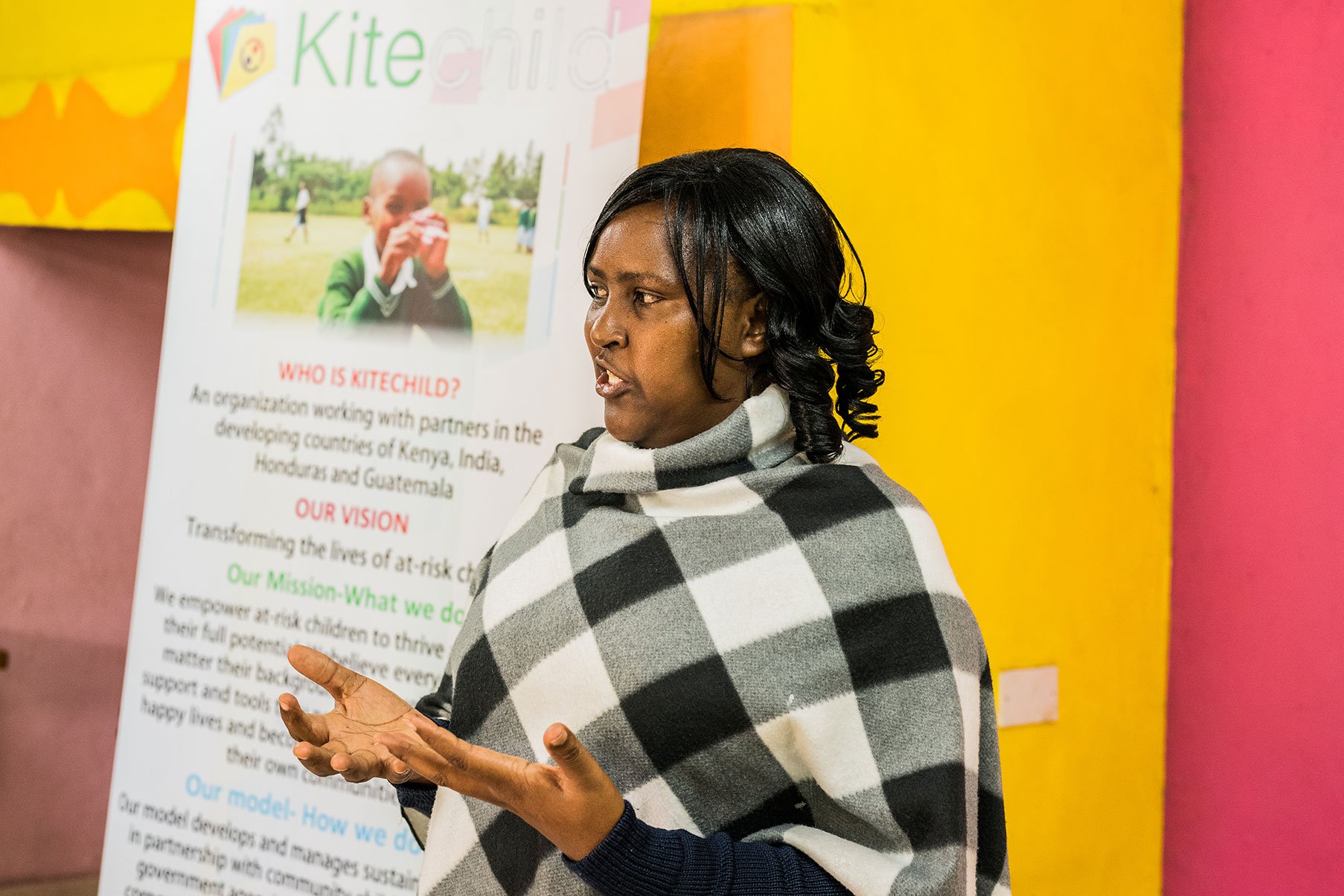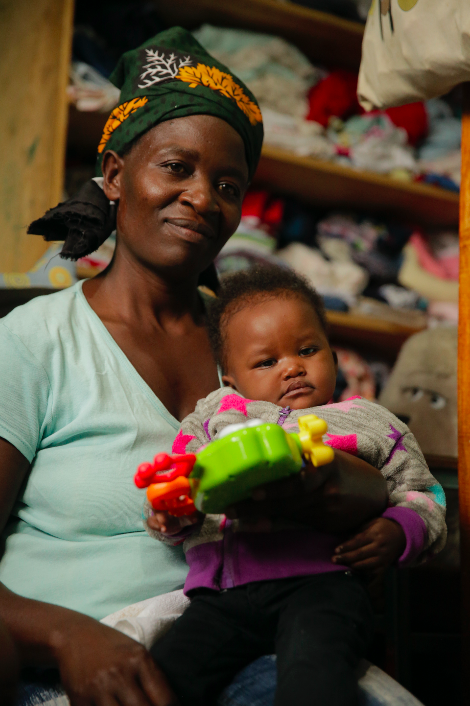
$1924.3 Raised of $1,924 Goal
Child Re-integration and De-Institutionalization Training Phase 1
Thank you to all our donors, we have met our fundraising goal.
Project Summary:
In conjunction with the Kenyan Government Children’s office in Nakuru county, Kitechild is sponsoring an Exit Strategy Training for 27 partner orphanages and children's shelters. The training will be focused on each center implementing re-integration and exit strategy policies for eligible children in their centers. As much as Kitechild supports orphanages through sustainable projects, we strongly believe, after years of research in the field, that these orphanages should operate as temporary rescue centers for those children that are in dire need of shelter, care, and support, which is typically about 10 % of each center’s population. Per government policy, children should not reside in these centers more than 3 years, after which point they are reunited with their families, adopted, or placed in foster care. While this is not always possible, every effort must be made to keep children and families together, and provide better and more intensive care to those children who are in dire need.
Number of Children Impacted : 1,209 children total, with 27 Children's Centers and Orphanages participating.
Impact
Short term:
- The main objective of this training is to partner with the government of Kenya Children's Department in Nakuru County in helping caretakers and social workers in orphanages to understand and internalize why a child is best placed with their families and communities rather than in the institutions.
- The government of Kenya has standards and policies, drafted with the aid of UNICEF, for orphanages, of which re-integration is a key component in these policies. Hence as much as we support provision of quality care for high risk children in orphanages through sustainable projects, we also want to be at the forefront in advocating for children to be de-institutionalized and be placed back in a family setup when possible, for the best interest of the child.
Long term:
- The major goal is for children to be re-integrated back to their community through a well developed exit strategy. This is usually a slow process, so we hope by 2018 we will start to see a handful of successful cases of re-integration. In addition, this training and subsequent follow ups will develop outreach programs to support children who are back home, i.e. providing for their educational costs while at home, providing nutrition, etc. In the end, only those children who are truly in need of shelter and care will reside in these children's centers, while 'social' orphans, or those bred out of poverty, will be able to live with their families.
Partner Background:
27 Orphanages, Children's Center's, and rescue centers have signed up to participate in the training. The training will be co-hosted by Kitechild employee Martha Maina, who has over 20 years of experience in the field working with at-risk children, as well as the government children's district officer for Nakuru, Eunice Njerinjugg. All polices and strategies are pulled from research by UNICEF and Save the Children, in conjunction with successful training strategies already in place in other centers.
Project Gallery
Photo 6 Photo 5 Photo 4 Photo 3 Photo 2 Photo 1
Partner Voices
Our partnership with Kitechild and their role in helping us start the Shamba (Kenyan for farm) and dairy farm has eliminated expenditure for vegetables and milk improving the children's nutrition and health greatly. The water borehole, the vegetables and the milk has also brought the community closer to us, as they come to get water and buy milk and vegtables. We are now coexisting well.
Wasilwa Lusweti, Watoto Wema Director
Kitechild doesn't give us handouts or tokens, they give us VALUE. They provided us with the seeds and funding to build two greenhouses and today we have greenhouses full of green tomatoes and are expanding the farm to grow onions and potatoes outside in the open air. This is never heard of before in Masai land, growing one's own food, but with their help we did it.
